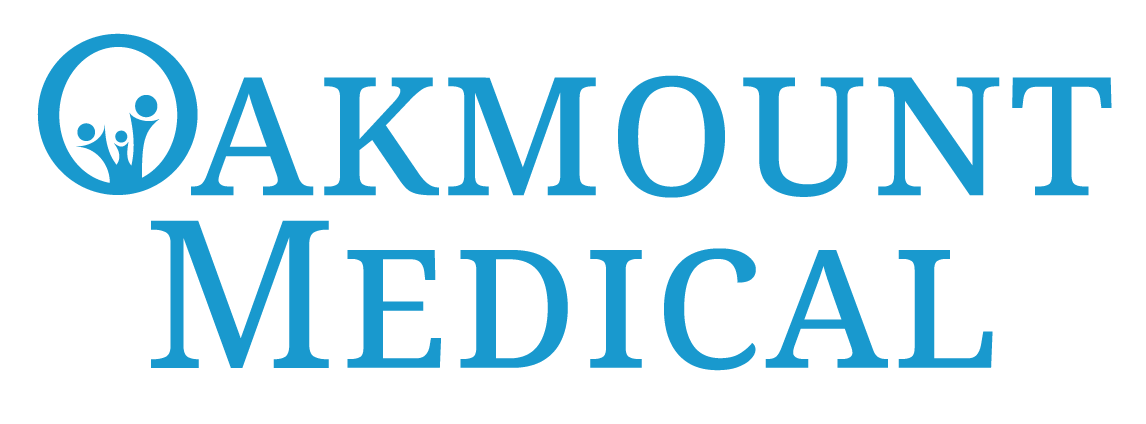Hypertension
Having poorly controlled hypertension (high blood pressure) increases your risk of developing a heart attack, stroke, peripheral vascular disease (poor blood flow to your extremities, which may lead to amputation, erectile dysfunction, just to name a few). You usually cannot “feel” high blood pressure, so it’s important to manage it before you develop complications.
Although you may need blood pressure medications to keep your blood pressure in a safe range, here are some non-medication strategies to reduce the need or quantity of blood pressure medications:
- Weight loss in patients with overweight or obesity
- Regular aerobic exercise
- 150 min of moderate intensity exercise spread over 4-7 days per week; start small and build up
- Eat a diet rich in vegetables, fruits, low-fat dairy products, whole grain, poultry, fish, and nuts
Things to reduce or limit:
- Limit salt and sodium intake
- Packaged foods, canned foods, fast food, and restaurant food have a LOT of hidden salt
- Limit sweets, sugary drinks, saturated fats (red meats, high fat dairy)
- Limit alcohol intake: no more than 1 (for women) or 2 ( for men) drinks per day
- Limit caffeine intake. Too much caffeine will increase your blood pressure. People have different responses to different caffeine levels
- Limit stress: Chronic stress can certainly raise your blood pressure
What is a good blood pressure?
- Blood pressure target: Less than 135/85 in general, but less than 130/80 if you have diabetes
- Take your blood pressure when you have been sitting quietly for at least 5 min for the most accurate reading.
- Blood pressure normally fluctuates quite a bit throughout the day and on a day-to-day-basis, but contact your health care provider if your blood pressure is consistently above the targets listed above.
